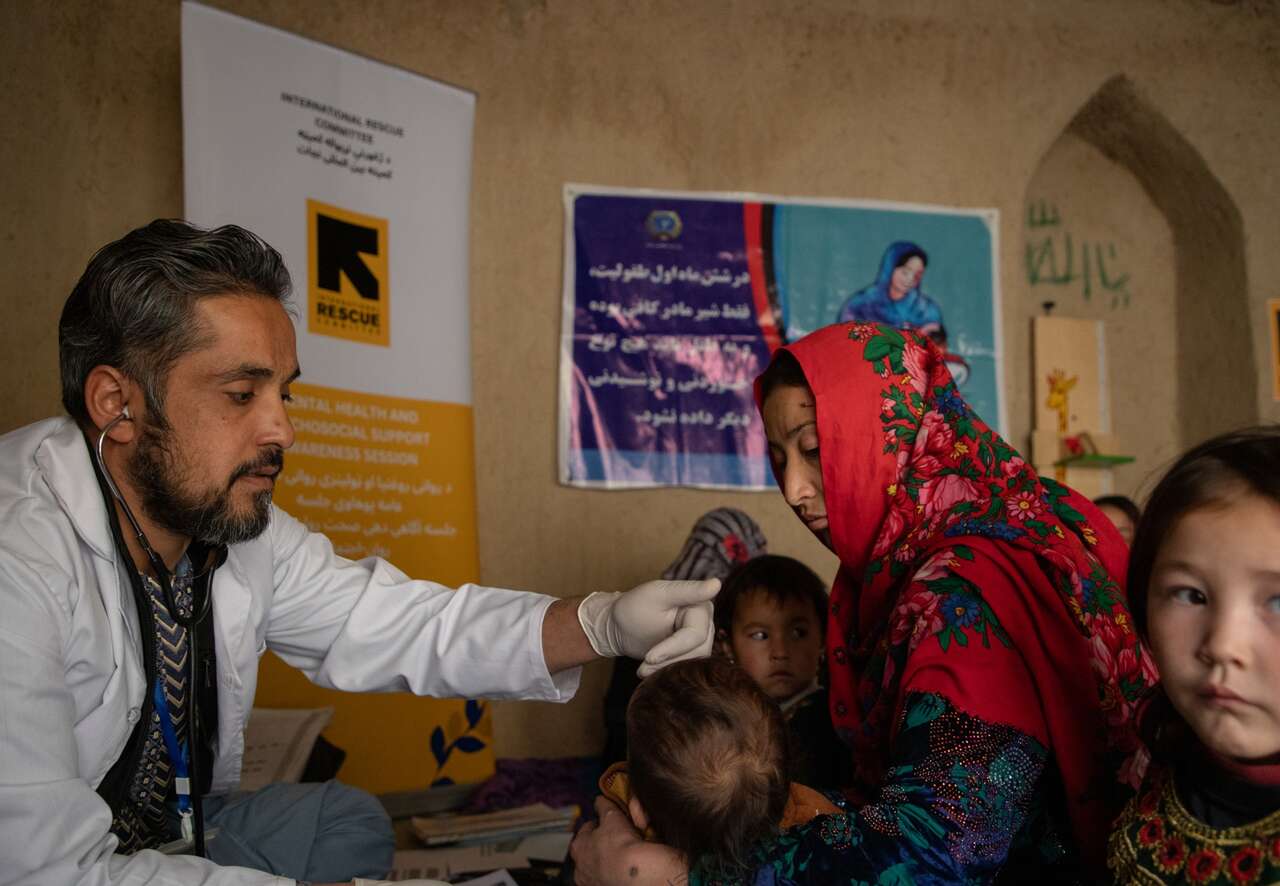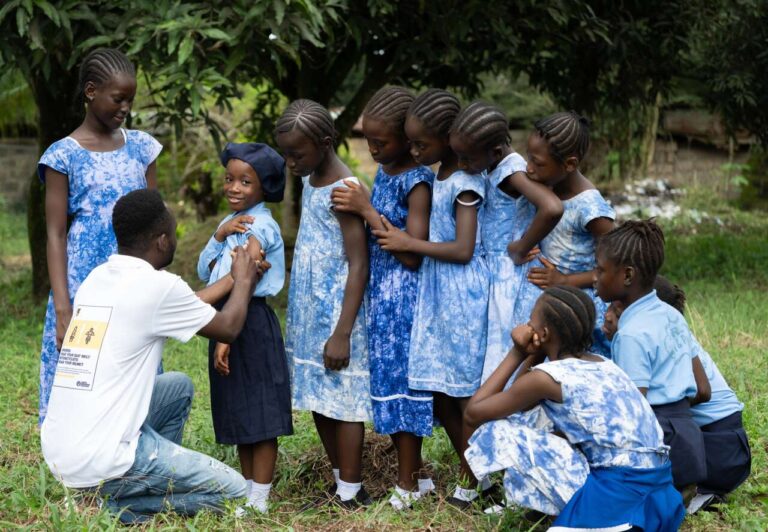By Aminu Adamu
In the wake of COVID-19, mpox flare-ups, Ebola scares, and a fast-spreading measles outbreak, the value of strong public health systems has never been more apparent. But just when the world needs more vigilance, support, and coordinated response, the United States is stepping back.
In March 2025, the U.S. government initiated a sweeping rollback of its global humanitarian aid programs, pulling funding from thousands of health initiatives that have formed the backbone of disease prevention and treatment in some of the world’s most vulnerable communities. The consequences, say experts and humanitarian organizations, are not just tragic—they’re dangerous for everyone.
“This isn’t just about helping poor countries,” says Dr. Mesfin Teklu Tessema, Senior Director of Health at the International Rescue Committee (IRC). “Global health security is not a luxury. It is a strategic imperative.”
When Aid Stops, Outbreaks Start
Organizations like the IRC have been forced to shut down U.S.-funded programs that treated diseases like malaria, dengue, HIV/AIDS, and more. Across the 3,300 IRC health facilities worldwide, nearly 80% of outpatient visits are for infectious diseases. Without support, these treatable illnesses will spread faster, become deadlier, and create new risks of mutation—making future global pandemics not just more likely, but potentially more lethal.
One of the starkest examples is Afghanistan, where U.S. aid has long served as a lifeline for more than 23 million people. The IRC has deployed mobile medical teams in hard-to-reach provinces, delivering vaccinations and nutritional support where no other healthcare exists. Now, those services are at risk of vanishing.
“Cutting this aid doesn’t just abandon vulnerable families—it opens the door for outbreaks to spiral out of control,” Dr. Tessema warns.
A Generational Setback
The U.S. has historically been a global leader in health aid. From funding HIV/AIDS treatment in sub-Saharan Africa to playing a pivotal role in the near-eradication of polio, American dollars have saved lives, stabilized regions, and strengthened global health systems. According to USAID, polio eradication efforts alone have saved 10 million children from paralysis.
But now, those gains are at risk of unraveling.
The rollback of aid is more than a financial decision—it’s a reversal of decades of progress. Entire communities are losing access to vaccines, clean water, and basic treatment. Children will go unvaccinated. Pregnant women will face greater risks. Diseases long thought under control may resurge.
In Sierra Leone, for instance, IRC teams delivering vaccines for malaria, tetanus, and COVID-19 are scaling back. In Kenya, health workers responding to mpox outbreaks are running out of resources. Each step backward increases the risk of a step toward the next pandemic.
The U.S. Isn’t Immune
The belief that global disease outbreaks stop at national borders has been repeatedly—and tragically—disproven. COVID-19 showed how a localized health crisis can metastasize into a worldwide emergency in a matter of weeks. The U.S. economy, health system, and workforce all suffered the consequences.
Yet the current aid cuts ignore that hard-learned lesson.
“Stopping an outbreak in Uganda or Afghanistan protects lives in New York and Chicago,” says Tessema. “But that only works if we act early—before a local crisis becomes a global catastrophe.”
The ripple effects extend beyond health. Disease outbreaks disrupt trade, impact international markets, and destabilize entire regions. This contributes to forced migration, civil unrest, and economic insecurity—all issues with direct implications for U.S. national security.
What Can Be Done
The IRC, which reached 27.4 million people with health services last year alone, is scrambling to find alternative funding sources to maintain essential services. But the gap left by the U.S. government’s withdrawal is immense.
Public health advocates are calling on global leaders—and the American public—to recognize what’s at stake.
“Global health investments are not acts of charity. They are acts of foresight,” says Tessema. “If we allow these systems to collapse, we are ensuring more suffering, more instability, and more pandemics.”
The IRC and other organizations are urging the U.S. government to reverse course. Until then, they’re asking individuals to step up.
“We’re doing everything we can to keep these programs running,” says Tessema. “But we need help—before it’s too late.”

Photo Credits:
Saima Javaid, Karl Bergbom, Frédéric Schmuziger, Mahab Azizi, Fahmo Mohammed – International Rescue Committee
